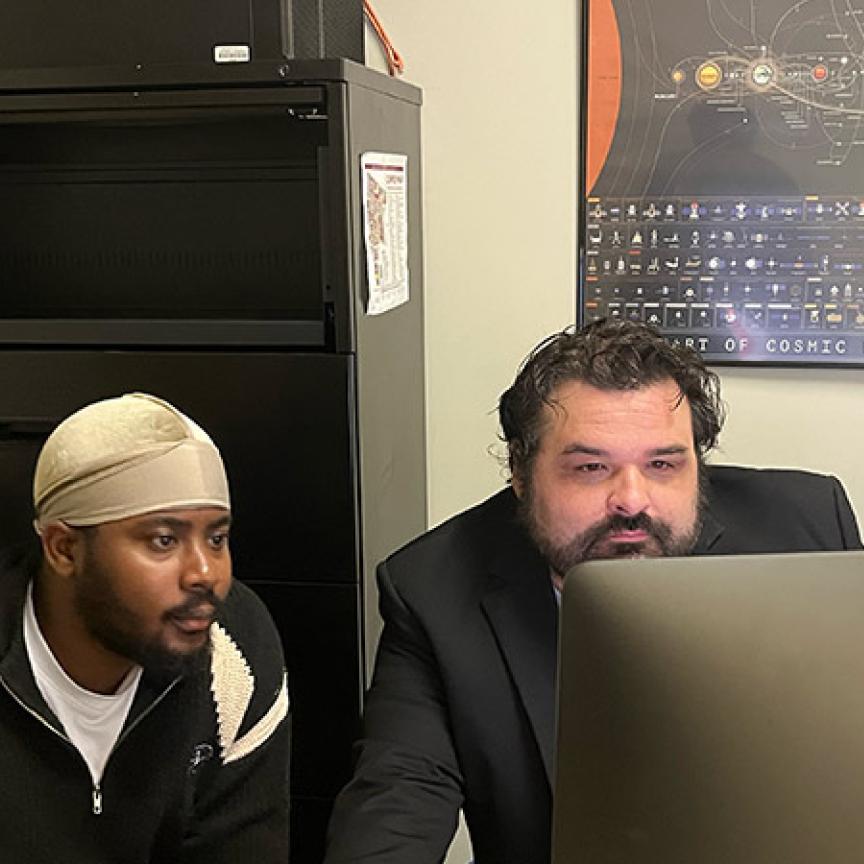A project to develop photonic light sources and a miniature spectrometer is aiming to make cancer biopsies more accurate and more accessible by being photonic sensing capabilities into the tip of biopsy needles.
The 36-month Inspect project began in January 2015 and received €4.1 million of funding from Horizon 2020. The fourth Inspect consortium meeting took place in Berlin on 20 and 21 June 2016, hosted by Fraunhofer IZM, one of the consortium members.
Biopsy needles with integrated photonics for image-guided tissue sensing offer real-time and more accurate cancer diagnosis. However, for widespread adoption, physicians need low-cost and easy-to-use miniaturised devices allowing them to perform spectral tissue sensing at point of care locations such as consultation rooms and decentralised healthcare centres.
The Inspect project develops key technology building blocks to enable miniature, low cost spectrometer devices. ‘The project aims at realising a LED-based compact light source, a cubic-inch size compact micro spectrometer, and a spectrometer device on a photonic chip,’ said Jean Schleipen, principal scientist at Philips Research and project coordinator of Inspect.
Specifically, the project is looking at the miniaturisation of a broadband (400-1,700nm) all-solid state light source based on a LED. The project also features the miniaturisation of a broadband spectrometer to a cubic-inch format and, in a following phase, to a small photonic integrated chip, operational in the full wavelength range (400-1,700nm).
The new generation of biophotonic spectrometers also opens the door to new surgical devices. According to Prof Dr Theo Ruers, professor of Surgical Oncology at the Netherlands Cancer Institute: ‘There is possibility to use those technologies in smart surgical devices so the surgeon knows exactly if he/she is cutting into tumorous or into normal tissue. Another application could be to develop implantable tissue sensors.’
Further Information:

